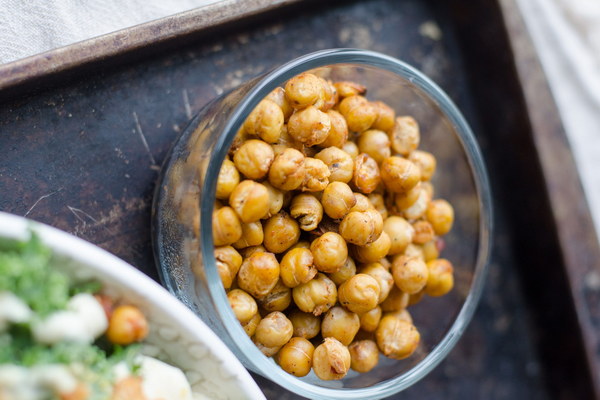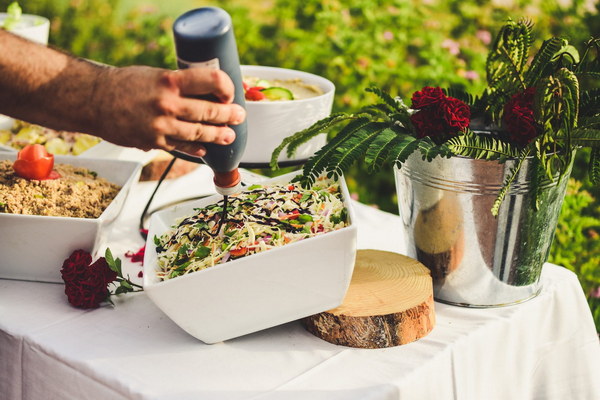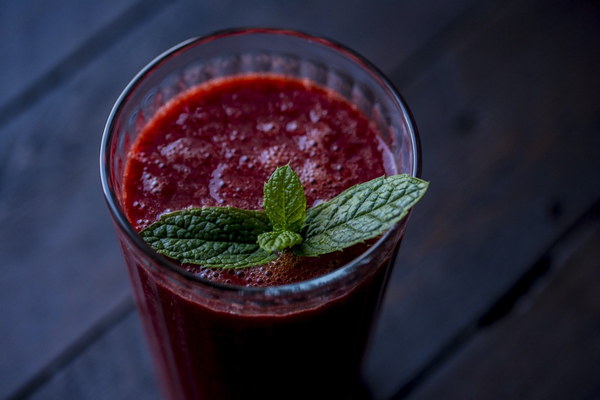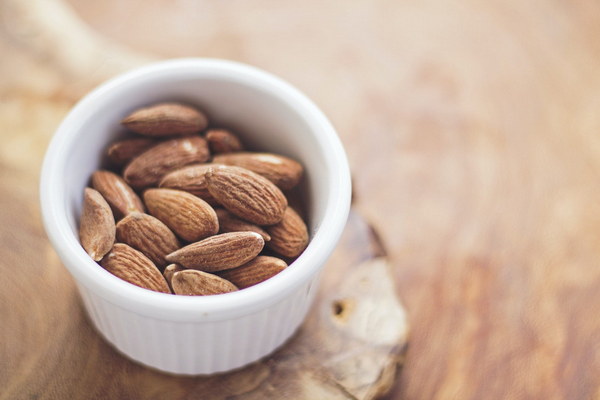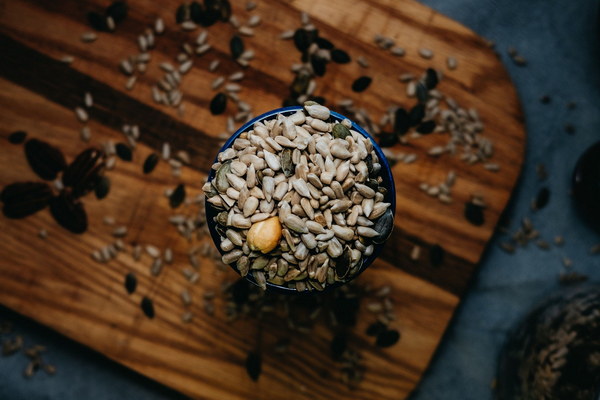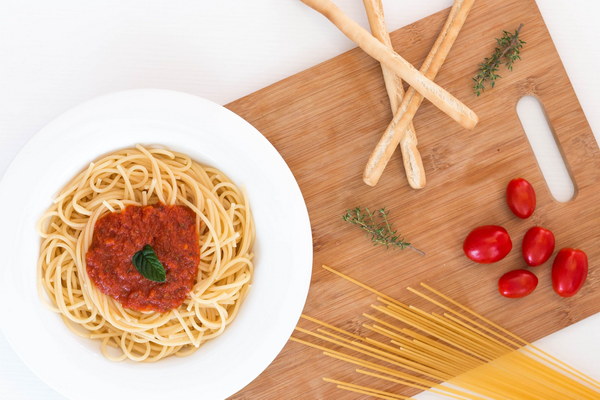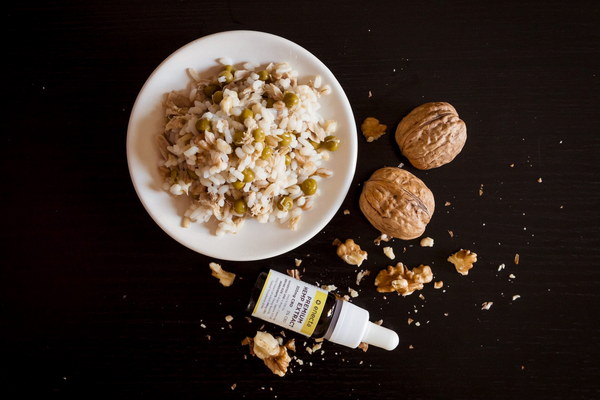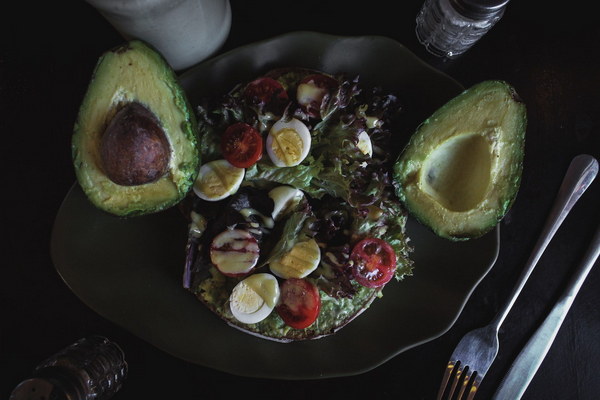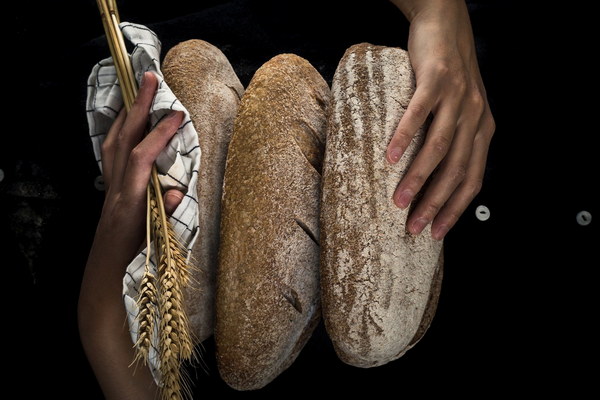The Ancient Emperors Art of SelfCultivation A Journey into Royal Wellness Practices
In the annals of history, emperors were not only rulers of their realms but also patrons of health and longevity. The ancient Chinese emperors, in particular, were renowned for their meticulous approach to self-cultivation and wellness. This article delves into the various practices and philosophies that shaped the royal lifestyle, aiming to understand how these emperors maintained their health and vigor throughout their reigns.
The Concept of Yin and Yang: Balancing the Body's Energy
The core of the emperor's wellness regimen was rooted in the ancient Chinese philosophy of Yin and Yang. This concept posits that the universe is composed of two complementary forces, Yin (dark, passive, and cold) and Yang (light, active, and hot), which must be balanced within the body to ensure health and vitality.
To achieve this balance, emperors engaged in a variety of activities:
1. Acupuncture and Moxibustion: These traditional Chinese medicine practices were used to harmonize the flow of Qi (vital energy) through the body. Emperors believed that maintaining a smooth Qi flow was essential for good health and longevity.
2. Qigong and Tai Chi: These ancient exercises focus on cultivating and balancing Qi. Emperors practiced these gentle yet powerful movements to enhance their physical and mental well-being, often with the guidance of skilled instructors.
Diet and Nutrition: The Emperor's Plate
The diet of the ancient Chinese emperors was designed to nourish the body and mind. It was a balanced blend of the five flavors (sour, bitter, sweet, pungent, and salty) and the six tastes (sweet, sour, spicy, bitter, astringent, and bland).
1. Herbal Remedies: Emperors frequently consumed herbal teas and tonics to strengthen their constitution and ward off illness. Ingredients such as ginseng, goji berries, and astragalus were particularly favored for their supposed health benefits.
2. Seasonal Eating: The emperors adhered to the principle of seasonal eating, consuming foods that were in harmony with the changing seasons. This practice aimed to align the body with the natural world and support its internal clock.
The Mind-Body Connection: Meditation and Ritual

Emperors understood the importance of mental health in maintaining physical well-being. They engaged in meditation and participated in rituals to cultivate mindfulness and inner peace.
1. Meditation: Emperors practiced various forms of meditation, including Zen and Taoist meditation, to quiet the mind and achieve a state of calm and clarity.
2. Rituals: The emperor's daily routine included elaborate rituals that served to align his mind and spirit with the cosmic order. These could range from the simple act of bowing to the heavens at dawn to the grandeur of sacrificing animals in religious ceremonies.
Physical Activity: The Emperor's Workout
Emperors did not neglect their physical fitness. They engaged in a variety of exercises to maintain strength and agility:
1. Yoga: Ancient texts mention the practice of yoga by emperors, which included poses and breathing exercises designed to enhance flexibility and mental focus.
2. Fencing and Archery: These martial arts were not only a means of defense but also a way to keep the body fit. Emperors were often trained in the use of weapons and participated in tournaments.
The Emperor's Environment: A Haven of Wellness
The emperors lived in meticulously designed palaces that were intended to promote wellness. The architecture, gardens, and art were all designed to create a harmonious environment that supported the emperor's physical and mental health.
1. Gardens: Emperors surrounded themselves with lush gardens that featured a variety of plants and trees. These gardens were not only beautiful but also served as a place for contemplation and exercise.
2. Art and Music: The presence of art and music in the imperial court was believed to have a calming effect on the mind and spirit, contributing to overall wellness.
In conclusion, the ancient Chinese emperors employed a multifaceted approach to self-cultivation and wellness. By balancing the body's energy, adhering to a balanced diet, engaging in mind-body practices, and creating a supportive environment, these rulers sought to maintain their health and vitality for the duration of their reigns. The legacy of their wellness practices continues to influence modern health and wellness trends, reminding us that the pursuit of longevity is as much a matter of the mind and spirit as it is of the body.
